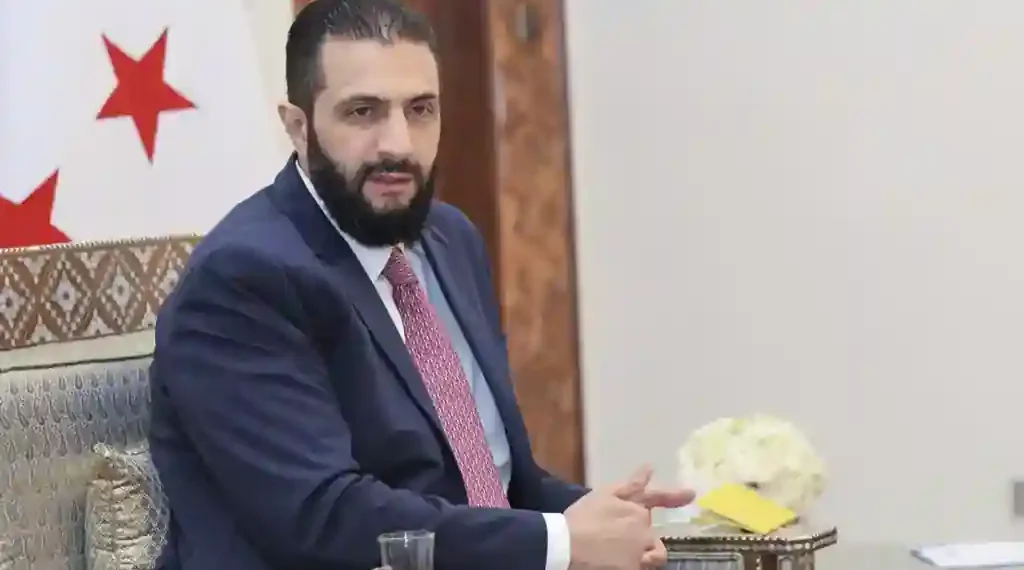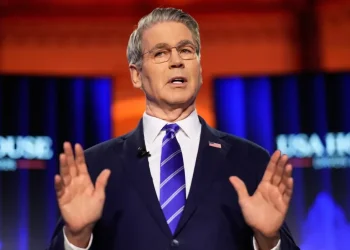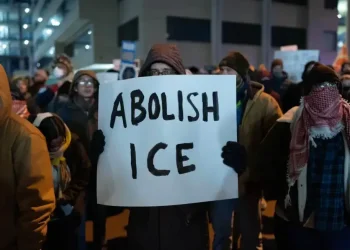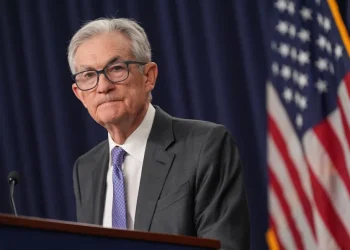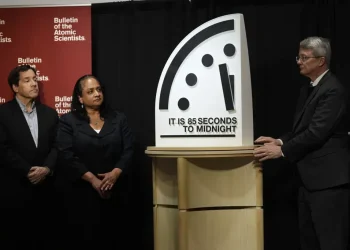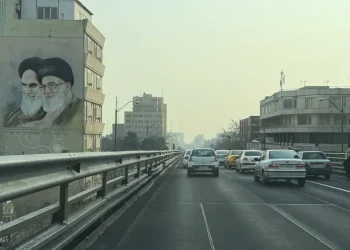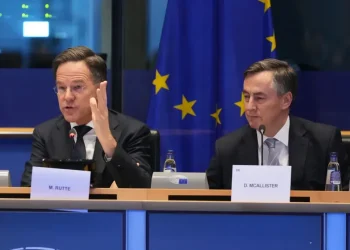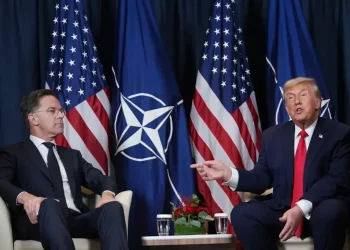Syria to hold first parliamentary elections since Assad’s departure in September
Written: July 28, 2025 – 18:00 EDT
Syria will hold its first parliamentary elections since the ousting of former President Bashar al-Assad, marking a critical step in the country’s transitional phase. The vote, scheduled for mid-September, comes amid growing political uncertainty and renewed sectarian violence, raising questions about the country’s stability during the postwar period.
Election timeline set for September
According to Syria’s state-run news agency SANA, the country’s Higher Committee for People’s Assembly Elections has announced that the vote will take place between September 15 and 20, 2025. Mohammed Taha al-Ahmad, chairman of the electoral commission, confirmed the plan in an official statement on Sunday.
These elections are the first to be held under Syria’s interim leadership following Assad’s removal in December 2024, when a swift rebel advance overran the capital and key government strongholds. The newly announced timeline is a significant political development in the ongoing effort to establish a post-Assad order.
Structure of the new parliament
Syria’s transitional government has outlined a mixed format for forming its new legislative body. The People’s Assembly will consist of 210 members, with one-third of the seats directly appointed by Interim President Ahmad al-Sharaa. The remaining two-thirds will be filled by elected representatives chosen through local electoral colleges in each province.
In an interview with Erem News, Hassan al-Daghim, another senior member of the elections committee, emphasized that electoral colleges will be established across all provinces. These will serve as the mechanism through which citizens cast their votes for local candidates vying for seats in the Assembly.
The process follows the ratification of a temporary constitution signed by al-Sharaa in March 2025, which mandates the creation of a transitional legislative body. This interim parliament will function until a permanent constitution is drafted and full national elections can be held—a process officials have warned may take several years.
Fragile political climate casts shadow over elections
The announcement comes as Syria continues to struggle with deep divisions and rising tensions, particularly in regions historically affected by sectarian conflict. Most recently, the southern province of Sweida has seen renewed violence between armed Bedouin clans and members of the Druze religious minority.
The fighting began earlier this month after a series of tit-for-tat kidnappings, quickly escalating into open clashes that left hundreds dead and displaced many families. Syrian government forces eventually intervened, claiming to be mediating peace—but witnesses and rights groups report that government troops appeared to support the Bedouin clans.
According to human rights observers, some government-affiliated fighters looted Druze homes, and there were allegations of summary executions of Druze civilians. These incidents have added further strain to Syria’s already fragile postwar order.
Israel responds with military action
The escalating violence in Sweida drew international attention, particularly from neighboring Israel, which launched a series of airstrikes targeting Syrian military positions, including the Defense Ministry headquarters in Damascus.
In a statement from the Israeli government, officials said the strikes were carried out to protect Druze communities, a minority with close ties to Israel’s own Druze population. The move highlights the broader regional implications of Syria’s internal instability and the fragile nature of its transitional government.
Israel’s involvement marks the first direct military action by a foreign government since Assad’s fall, signaling heightened concerns over potential cross-border violence and the security of minority populations within Syria.
International reaction and future outlook
So far, major international actors have issued cautious responses to the announcement of Syria’s elections. While the United Nations has acknowledged the vote as a step toward establishing civilian governance, it has called for transparency, inclusion, and the protection of human rights during the process.
Regional observers remain concerned about voter suppression, the role of armed factions, and whether elections can be genuinely representative amid continued violence.
Although the upcoming parliamentary vote marks a symbolic turning point in Syria’s recovery from over a decade of civil war, the path forward remains highly uncertain. The absence of a permanent constitution, the ongoing presence of armed groups, and deep sectarian divisions pose significant risks to the legitimacy and effectiveness of any elected government.
Conclusion
Syria’s upcoming elections, the first since the fall of Bashar al-Assad, are being viewed as both a milestone and a test for the country’s transitional leadership. As interim authorities attempt to build political legitimacy and implement a framework for governance, the outcome of the elections—and the conditions under which they are held—will play a crucial role in shaping Syria’s future.
Whether the vote will help stabilize the country or deepen existing fractures depends largely on how the interim government navigates the coming weeks of political turmoil, community distrust, and ongoing violence.
This article was rewritten by JournosNews.com based on verified reporting from trusted sources. The content has been independently reviewed, fact-checked, and edited for accuracy, neutrality, tone, and global readability in accordance with Google News and AdSense standards.
All opinions, quotes, or statements from contributors, experts, or sourced organizations do not necessarily reflect the views of JournosNews.com. JournosNews.com maintains full editorial independence from any external funders, sponsors, or organizations.
Stay informed with JournosNews.com — your trusted source for verified global reporting and in-depth analysis. Follow us on Google News, BlueSky, and X for real-time updates.
